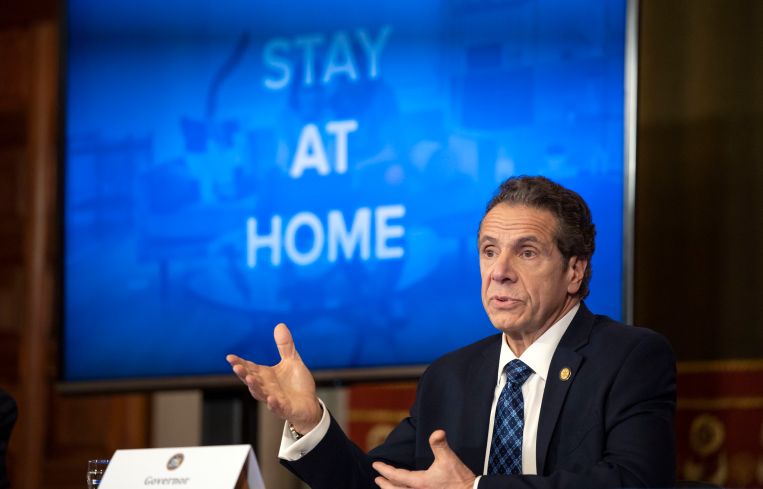New York’s Smaller Businesses and Landlords Gain Protections From New Bill
By Nicholas Rizzi March 10, 2021 10:39 am
reprints
A new bill will extend protections from evictions and foreclosures to some small businesses around New York until May.
Gov. Andrew Cuomo signed the legislation on Tuesday night. It applies to companies in the state that have fewer than 50 employees and that can show financial hardship, as well as to landlords with 10 or fewer commercial units.
“New York has gone to extraordinary lengths to protect and strengthen our economy throughout the war on COVID, and it is critical that we continue to provide support as we ramp up our vaccination efforts across the state,” Cuomo said in a statement.
Cuomo also said that he reached an agreement with state politicians to amend the bill to include small businesses with 100 or fewer employees, and ones with 500 or fewer employees, that were forced to shut down for two weeks or more because of emergency coronavirus measures. Those changes need to be passed separately.
The bill comes nearly a year after the coronavirus pandemic first spread throughout New York, killing thousands and forcing businesses to ditch offices or temporarily shutter to stop the spread of the virus.
New York City’s restaurant industry has been particularly battered as eateries were forced to switch to a delivery or to-go only model twice in the past year. Many struggled to pay rent, more than 200,000 workers were laid off, and thousands of spots are not expected to reopen.
Cuomo passed an executive order early in the pandemic barring commercial evictions, which he extended several times throughout. The moratorium lapsed on Jan. 31, with Cuomo choosing not to issue another executive order to continue it, and instead focusing on signing this bill into law, Eater New York reported.
And while Cuomo was praised for his early handling of the COVID-19 pandemic, lawmakers — including New York Senate Majority Leader Andrea Stewart-Cousins — have begun calling on Cuomo to resign, amidst multiple allegations of sexual harassment from former employees and the revelation that he suppressed statistics related to COVID nursing home deaths around the state.



